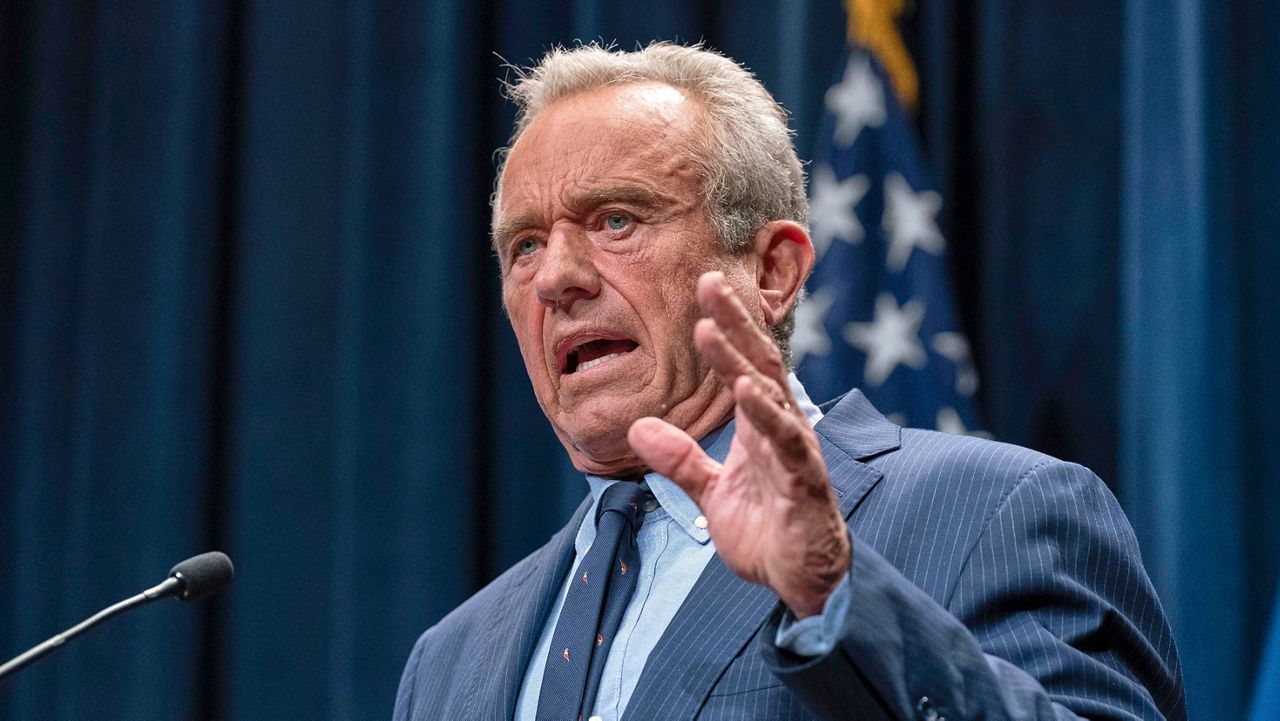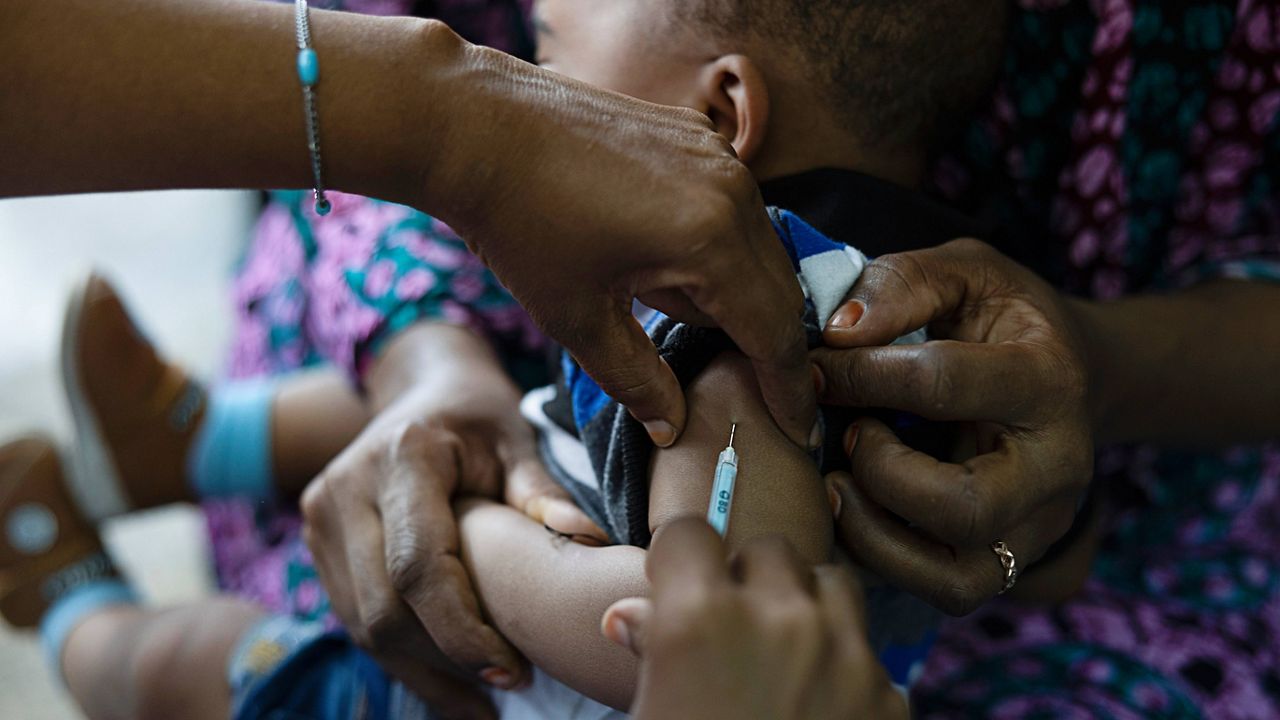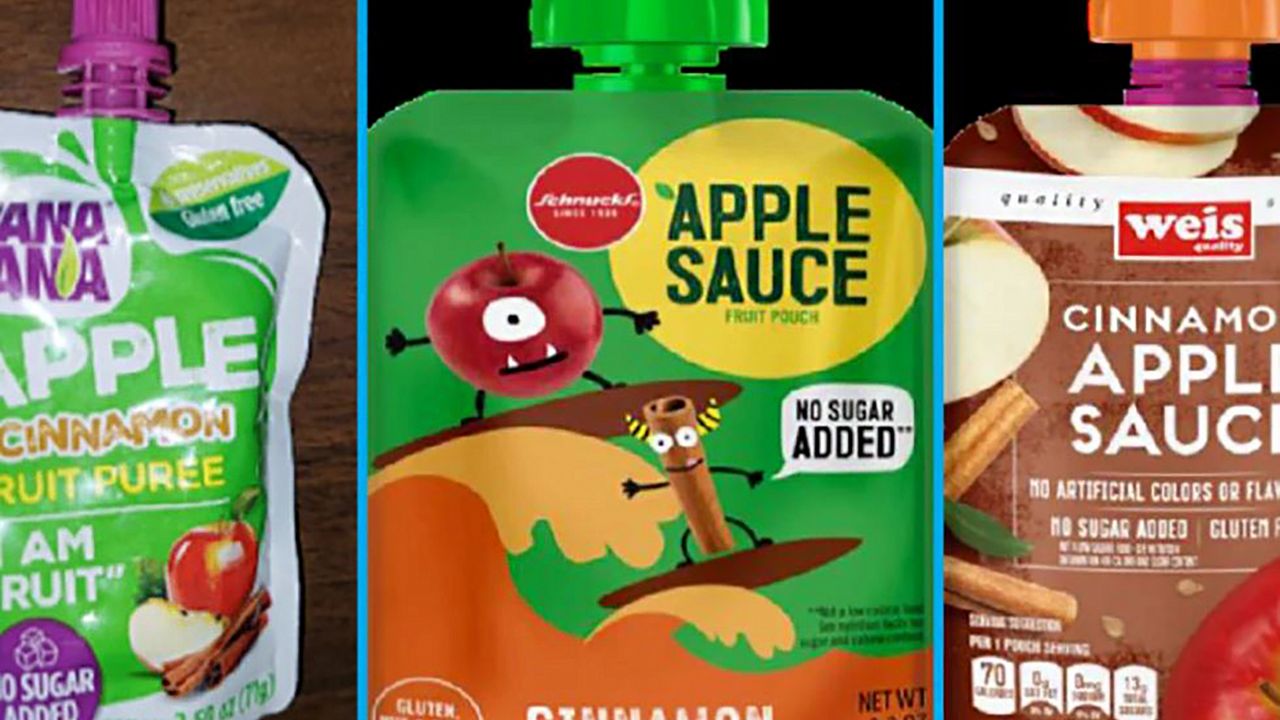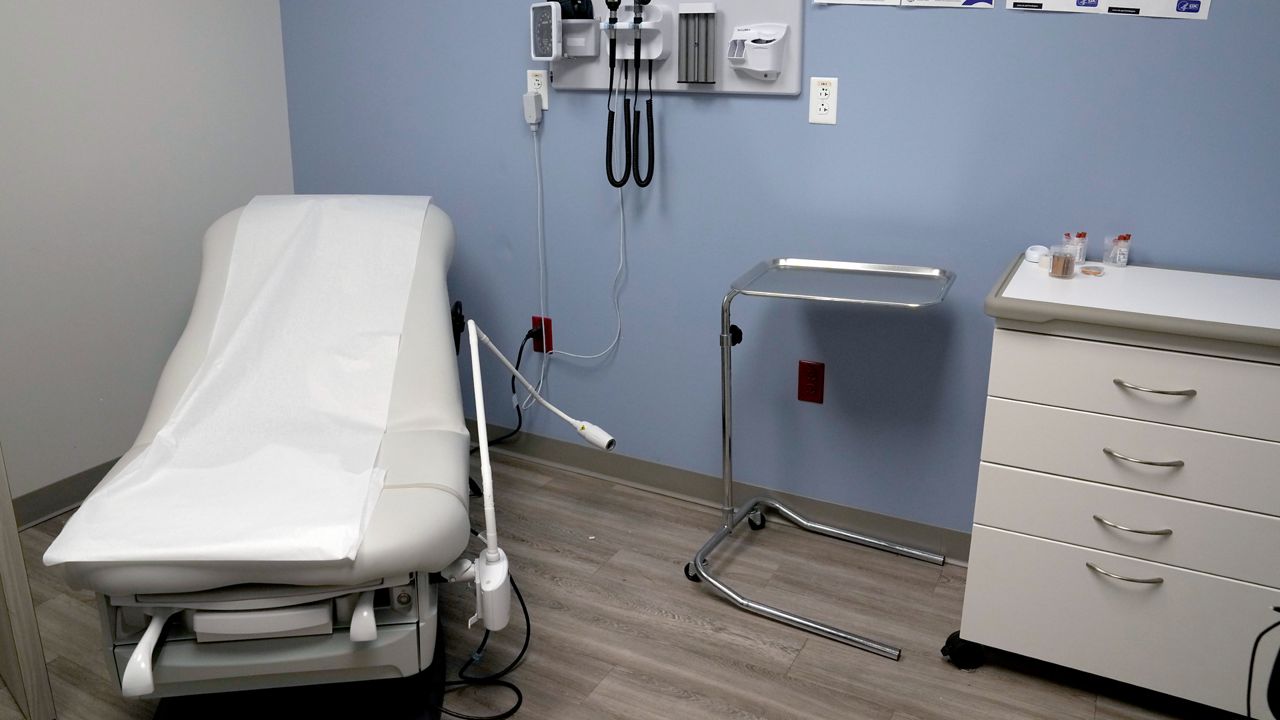Three of the world’s four largest producers of inhalers have agreed to cap the price of their inhaler products and similar medicines at $35 a month for U.S. buyers following pressure from Sen. Bernie Sanders, I-Vt., and other members of the Senate Committee on Health, Education, Labor, and Pensions (HELP) earlier this year.
In recent weeks, AstraZeneca, Boehringer Ingelheim and GlaxoSmithKline have all agreed to cap the price for their products, which are largely used by the roughly 24 million Americans with asthma and the around 14 million Americans with chronic obstructive pulmonary disease.
Boehringer Ingelheim was first to make the move earlier this month; AstraZeneca made the announcement on Monday, with GSK following two days later. Teva, the last remaining holdout, has yet to comply with the senators requests and did not return a request for comment.
“With today’s announcement, the three largest manufacturers of inhalers in the world have all committed to cap the cost of inhalers in the United States at no more than $35 at the pharmacy counter,” Sanders said in a statement on Wednesday trumpeting GlaxoSmithKline’s decision. “In my view, Americans who have asthma and COPD should not be forced to pay, in many cases, 10 to 70 times more for the same exact inhalers as patients in Europe and other parts of the world.”
GlaxoSmithKline, the country’s largest producer of inhalers, said in a statement on Wednesday that their price changes for nine medications will take effect “no later” than Jan. 1, 2025.
Last year, after pressure from President Joe Biden, the three major producers of insulin in the U.S. similarly capped monthly costs at $35.
According to Sanders and his Democratic colleagues on the HELP committee, the pharmaceutical companies were charging between $200 and $600 for inhalers that need to be purchased monthly. GlaxoSmithKline previously charged around $319 for the asthma medication Advair HFA in the U.S., but only $26 for the same inhaler in the U.K., according to Sanders. One of Boehringer Ingelheim’s COPD medications could cost an American $489, but in France it would put someone back just $7, Sanders said in January.
“The U.S. healthcare system is complex and often doesn’t work for patients, especially the most vulnerable. While we can’t fix the entire system alone, we are bringing forward a solution to make it fairer,” Boehringer Ingelheim USA’s president and CEO Jean-Michel Boers said in a statement earlier this month. His company said the price changes will go into effect on June 1. “This new program supports patients with predictable, affordable costs at the pharmacy counter. We will also continue to advocate for substantive policy reforms to improve the healthcare system.”
On Monday, AstraZeneca also said it would cap prices by June 1.
“We remain dedicated to addressing the need for affordability of our medicines, but the system is complex and we cannot do it alone,” CEO Pascal Soriot said in a statement. “It is critical that Congress bring together key stakeholders to help reform the healthcare system so patients can afford the medicines they need, not just today, but for the future.”
The Democrats who co-authored letters with Sanders sent to the CEOs of the four pharmaceutical companies in January celebrated the price caps, but argued the work is not yet done.
“Millions of Americans rely on inhalers to breathe every day, but for too many Americans, cost is a major barrier to getting the medication they need because big drug companies are price gouging them,” Wisconsin Sen. Tammy Baldwin said in a statement on Monday. “While I am glad to see more inhaler manufacturers getting on board to help us keep costs down for Wisconsin families, I will not stop calling out price gouging wherever it exists because Americans shouldn’t be ripped off just to get the medications they need to lead healthy lives.”








